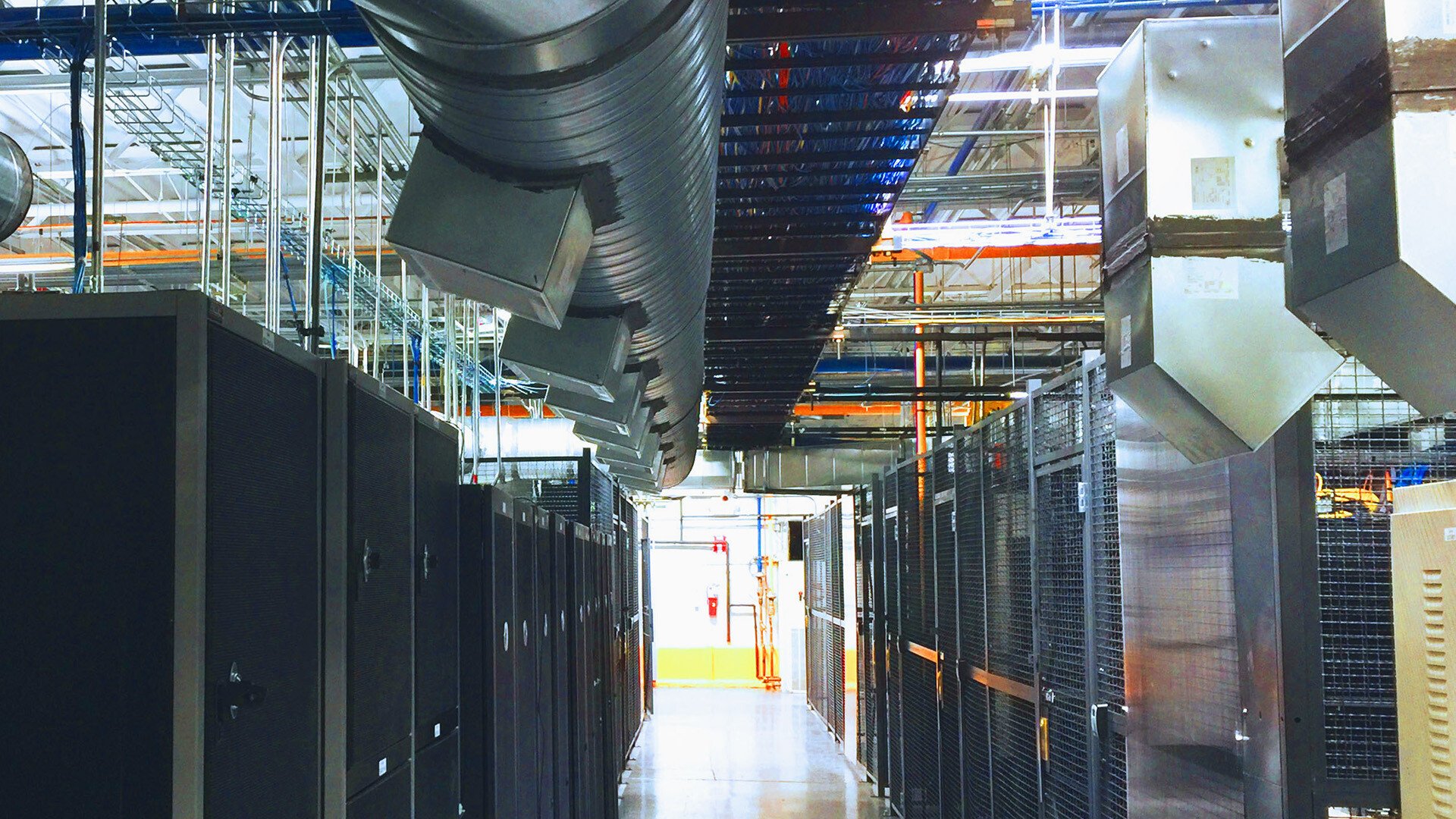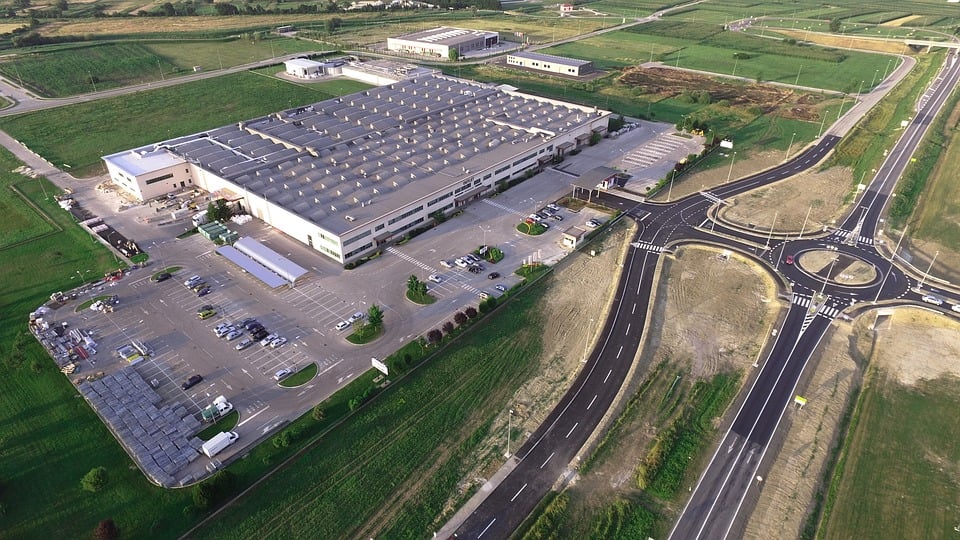Sustainability | September 3, 2024
Federal and State Policies Driving Commercial Fleet Electrification
As governments and industry transition to a low-carbon economy, regulations have begun rolling out at the federal level and in leading-edge states focused on commercial fleet electrification. Policy changes in California, Colorado, and Massachusetts, indicates an industry shift away from fossil-fuel powered transit and toward electrified transit. Staying ahead of the changing landscape and taking proactive steps to understand new policy requirements and what future changes may be expected will be critical for owners of commercial fleets, real estate owners along commercial trucking routes, and stakeholders in between.
Federal Policies
On March 29, 2024, the Biden-Harris Administration finalized the strongest-ever greenhouse gas standards for heavy-duty vehicles (Phase 3), such as freight trucks and buses, for model years 2027 through 2032. These standards aim to avoid 1 billion tons of greenhouse gas emissions and provide $13 billion in annualized net benefits to society related to public health, the climate, and savings for truck owners and operators. The standards will reduce dangerous air pollution, particularly for the more than 70 million people who live near truck freight routes.
The Phase 3 standards recently released build upon the EPA’s Phase 2 program implemented in 2016 and are between 40%-60% stronger than the legacy Phase 2 program. Key takeaways from the Phase 3 standards include:
- Applicable to heavy-duty commercial vehicles and tractors.
- Allow manufacturers to choose which set of emissions control technologies best suits them and their customers’ needs. (ex. hybrid vehicles, plug-in hybrid electric vehicles, battery electric vehicles, etc.)
- Provides flexibility for manufacturers in meeting the standards in the early years of the program while also providing incentives for those who are early adopters of the advanced technologies.
The immediate impact of the Phase 3 standards for relevant stakeholders will be the financial requirement to retrofit facilities with the essential upgrades, including EV (electric vehicle) charging stations. To meet the federal requirements to equip heavy-duty vehicles model-year 2027 through 2032, conducting site-surveys will be an immediate need to begin to identify the facility-level upgrades necessary to accommodate EV charging infrastructure. In states with stricter standards, the upgrades will likely need to happen sooner and will be more robust.
Policies in Colorado
The Colorado Air Quality Control Commission recently adopted three clean trucking rules, including The Advanced Clean Trucks Rule, The Heavy-Duty Low NOx Rule, and the Large Entity Reporting Rule. These three rules aim to make progress toward Colorado’s GHG reduction goals, reduce air pollution, and protect air quality.
Advanced Clean Trucks Rule:
Manufacturers of medium- and heavy-duty on-road vehicles must sell an increasing percentage of zero-emission vehicles (electric, hydrogen, and plug-in hybrids) starting from model year 2027 in Colorado. For fleet owners and operators, this means that more electrified short-and-long-haul trucks will be available in the market.
Heavy Duty Low Nitrogen Oxides (NOx) Rule:
This rule mandates that heavy-duty vehicle manufacturers produce cleaner vehicles, improve engine testing methods, and extend engine warranties. Starting in model year 2027, this rule aims to cut NOx emissions per new vehicle by 90% below current standards.
Large-Entity Reporting Rule:
Entities with fleets of 20 or more vehicles with a gross weight rating greater than 8,500 pounds are required to report fleet information to the Air Pollution Control Division per the Large Entity Reporting Rule. Fleets are required to submit the information twice between November 30, 2024, and December 31, 2027.
Policies in California
California’s Advanced Clean Fleets (ACF) Regulation builds on its decades-long history of increasingly strict emission standards to improve air quality for the health and safety of Californians. Their recent Advanced Clean Trucks regulation will promote zero-emission technologies in California’s truck and bus fleets by mandating the gradual adoption of Zero-Emission Vehicles (ZEVs) for suitable fleets and requiring manufacturers to produce only ZEV trucks starting with the 2036 model year.
The ACF regulation aims to add 1.7 million ZEVs to California’s fleet by 2050. It is also projected to generate $26.5 billion in statewide health benefits due to improved air quality and save fleet owners approximately $48 billion by 2050.
Policies in Massachusetts
In 2022, Massachusetts adopted California’s Advanced Clean Trucks requirements, mandating manufacturers to meet zero-emission vehicle (ZEV) production and sales targets. Starting with model year 2025, manufacturers must sell an increasing percentage of ZEVs, including all-electric and fuel cell electric trucks, for Class 2b through Class 8 vehicles in Massachusetts, per the Department of Environmental Protection’s Low Emission Vehicle Program.
Expected Changes Due to Net-Zero Goals
As several states and the federal government continue to roll out increasingly stringent goals to reduce emissions from transportation and buildings, we will likely see significant changes in fleet electrification policies in the coming months and years. These changes will likely include:
- Increased Adoption of ZEVs
- Incentives and Support for Fleet Operators
- Stricter Emissions Standards
- Technological Advancements
In Conclusion
The transition to fleet electrification is necessary to achieve sustainability goals and reduce greenhouse gas emissions. Federal and state policies are evolving to support this transition, with significant initiatives in California, Colorado, and Massachusetts. As governments set ambitious net-zero goals, we can expect further changes in fleet electrification policies, driving the adoption of electric trucks and vehicles and promoting cleaner transportation options.
At Mantis Innovation, we are experts in guiding the process of fleet electrification and advising on best practices. Contact us for expert guidance and support in transitioning your fleet to electric vehicles.
By staying informed and proactive, fleet operators can navigate the evolving landscape of fleet electrification and contribute to a more sustainable future while benefiting from government incentives for their adoption.
Related Posts
Discover more content and insights from Mantis Innovation

Carbon Credits Explained: A Primer for Achieving Your ESG Goals
In the race to achieve net-zero emissions, carbon credits have become a crucial tool for companies with hard-to-abate emissions. As of 2024, almost half of the Fortune 500 companies have net zero

Five Trends Driving Data Center Facility Energy Optimization
Today’s digital economy, commercial and industrial digitalization, and the recent explosion in artificial intelligence and machine learning (AI/ML) powered computing are driving massive growth in

Modernizing Manufacturing Facilities: The Drivers and Direction
This blog is just a glimpse into the deep dive we take in our new white paper, Modernizing Manufacturing. Download the white paper here to skip the teaser and get the whole story. The stage is set

Understanding Recent Updates to Article 179D by the Inflation Reduction Act
The Inflation Reduction Act has given a boost to Article 179D of the United States tax code, which incentivizes executing energy efficiency projects in commercial buildings. With the recent updates,